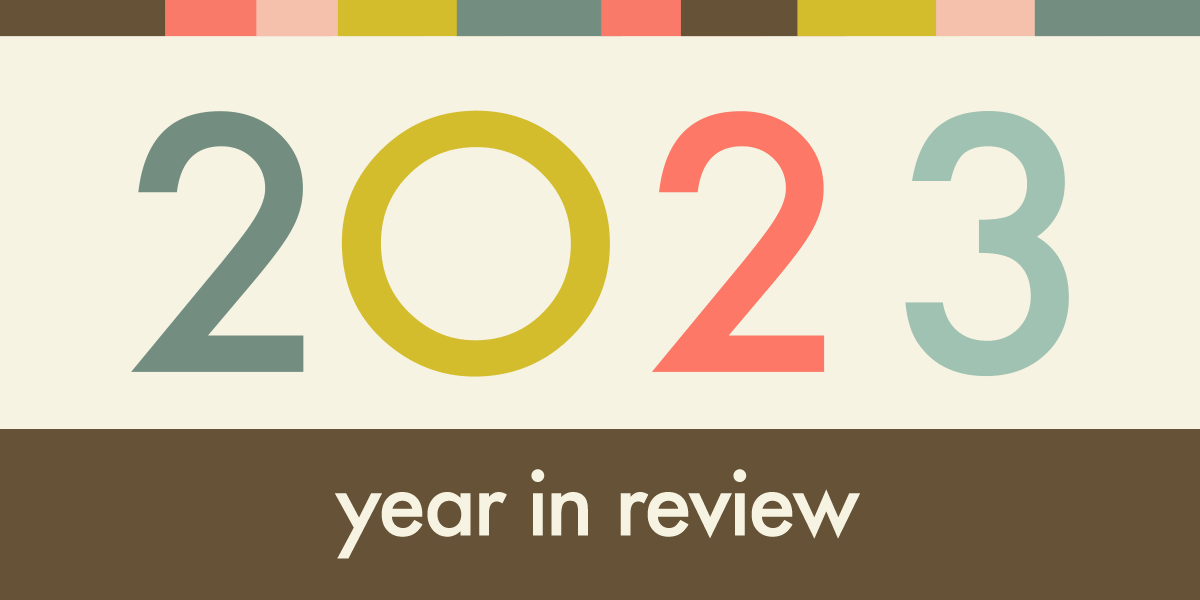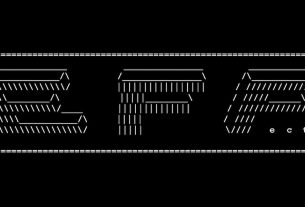It’s easy to feel hopeless about the collapse of the tech sector into a group 0f monopolistic silos that harvest and exploit our data, hold our communities hostage, gouge us on prices, and steal our wages.
But all over the world and across different government departments, policymakers are converging on a set of muscular, effective solutions to Big Tech dominance.
This convergence spans financial regulators and consumer protection agencies; it’s emerging in Europe, the USA, and the UK. It’s kind of a moment.
How Not To Fix Big Tech
To understand what’s new in Big Tech regulation, we should talk briefly about what’s old. For many years, policymakers have viewed the problems of Big Tech as tech problems, not big problems. From disinformation to harassment to copyright infringement, the go-to policy response of the past two decades has been to make tech platforms responsible for policing and controlling their users.
This approach starts from the assumption that the problems that occur after hundreds of millions or billions of people are locked inside of a platform’s walled garden are problems of mismanagement, not problems of scale. The thinking goes that the dictators of these platforms aren’t sufficiently benevolent or competent, and they must either be incentivized to do better or be replaced with more suitable autocrats.
This approach has consistently failed – gigantic companies have proved as unperfectable as they are ungovernable. What’s more, deputizing giant companies to police their users has the perverse effect of making them more powerful by creating barriers to entry that clear the field of competitors who might offer superior alternatives for both users and business customers.
Take copyright enforcement: in 2019, the EU passed a rule requiring platforms to intercept and filter all their users’ communications to screen out copyright infringement. These filters are stupendously expensive to build – YouTube’s version of them, the notorious Content ID, has cost Google more than $100 million to build and maintain. Not only is the result an unnavigable, Kafkaesque nightmare for creators, it’s also far short of what the EU rule requires.
Any law that requires every digital service to mobilize the resources of a trillion-dollar multinational will tend to produce an internet run by trillion-dollar multinationals.
A Better Approach
We think that the biggest problem facing the internet today is bigness itself. Very large platforms are every bit as capable of committing errors in judgment or making trade-offs that harm their users as small platforms. The difference is that when very large platforms make even small errors, millions or even billions of users are in harm’s way.
What’s more, if users are trapped inside these platforms – by high switching costs, data lock-in, or digital rights management – they pay a steep price for seeking out superior alternatives. And in a market dominated by large firms who have locked in their users, investors are unwilling to fund those alternatives.
For EFF, the solution to Big Tech is smaller tech: allowing lots of different kinds of organizations (from startups to user groups to nonprofits to local governments to individual tinkerers) to provide interoperable services that all work together. These smaller platforms are closer to their users, and stand a better chance of parsing out the fine-grained nuances in community moderation. Smaller platforms are easier to regulate, too.
Giving users the choice of more, interoperable platforms that are less able to capture their regulators means that if a platform changes the rules in ways you dislike, you can go elsewhere, or simply revert those bad changes with a plugin that makes the system work better for you.
Interoperability From the Top Down and the Bottom Up
Since the earliest days of the internet, interoperability has been a key driver of technological self-determination for users. Sometimes, that interoperability was attained through adherence to formal standards, but often interoperability was hacked into existing, dominant services by upstarts who used careful reverse-engineering, bots, scraping, and other adversarial interoperability techniques to let users leave or modify the products and services they relied on.
Decades of anticompetitive mergers and acquisitions by tech companies have created a highly concentrated internet where companies no longer feel the pressure to interoperate, and where attempts to correct this discrepancy with unauthorized plugins, scraping or other guerrilla tactics gives rise to eye-watering legal risks.
The siloing of the internet is the result of both too little tech regulation and too much regulation.
In failing to block anticompetitive mergers, regulators allowed a few companies to buy their way to near-total dominance, and to use that dominance to prevent other forms of regulation and enforcement on issues like privacy, labor and consumer protection.
Meanwhile, restrictions on reverse-engineering and violating terms of service has all but ended the high-tech liberation tactics of an earlier era.
To make the internet better, policymakers need to make it easier for better services to operate, and for users to switch to those services. Policymakers also need to protect users’ privacy, labor, and consumer rights from abuse by today’s giant services and the smaller services that will come next.
Privacy Without Monopoly, Then and Now
Two years ago, we published Privacy Without Monopoly, a detailed analysis of the data-protection issues associated with a transition from a siloed, monopolized internet to a decentralized, interoperable internet.
Dominant platforms, from Apple to Facebook to Google, point to the many times that they step in to protect their users from bad actors, but are conspicuously silent about the many times when their users come to harm when they are targeted by the companies who own the dominant platforms.
In Privacy Without Monopoly, we argue that it’s possible for internet users to have the benefits of being protected by tech platforms, without the risks of being victimized by them. To get the best of both worlds, governments must withdraw tech platforms’ legal right to block interoperators, while simultaneously creating strong privacy protections for users.
That means that tech companies can still take technical actions to block bad actors from abusing their platforms, but if they want to enlist the law to aid them in doing so, they must show that their adversaries are violating their users’ legal rights to privacy.
Under this system, the final word on which privacy rights a platform’s users are entitled to comes from democratically accountable lawmakers who legislate in public – not from shareholder-accountable executives who make policies behind locked boardroom doors.
Convergence, At Last
This past year has been a very good one for this approach. 2023 saw regulators challenging the market power of the largest tech companies and even beginning the long, slow process of restoring a prudent regime of merger scrutiny.
The global resurgence of these long-dormant established antitrust actions is a welcome development, but at EFF, we think that interoperability, backstopped by privacy and other legal protections, offers a more immediate prospect of relief and protection for users.
That’s why we’ve been so glad to see 2023’s other developments, ones that aim to make it easier for users to leave Big Tech and go somewhere smaller and more responsive to their needs.
In Europe, the Digital Markets Act, passed into law in 2022, has made significant progress towards a regime of mandatory interoperability for the largest platforms. In the USA, the bipartisan AMERICA Act could require ad-tech giants to break into interoperable pieces, a key step towards a more secure economic future for the news industry.
The US Consumer Financial Protection Bureau is advancing a rule to force banks to support interoperable standards to facilitate shopping for a better bank and then switching to it. This rule explicitly takes away incumbents’ power to block new market entrants in the name of protecting users’ privacy. Instead, it establishes bright-line rules restricting what the finance sector may do with users’ data. What’s more, this rule acknowledges the importance of adversarial interoperability, by including a framework for scraping user data on behalf of the user (a tactic with a proven track record for getting users a better deal from their bank).
Finally, in the UK, the long overdue Digital Markets, Competition and Consumers Bill has finally been introduced. This bill will give the Competition and Markets Authority’s large and exceptionally skilled Digital Markets Unit the enforcement powers it was promised when it was formed in 2021. Among these proposed powers are the ability to impose interoperability mandates on the largest tech companies, something the agency has already investigated in detail.
With lawmakers from different domains and territories all converging on approaches that solve the very real problems of bad platforms by centering user choice and user protections, tech regulation is at a turning point: away from the hopeless task of perfecting Big Tech and towards the necessary work of abolishing Big Tech.
This blog is part of our Year in Review series. Read other articles about the fight for digital rights in 2023.



